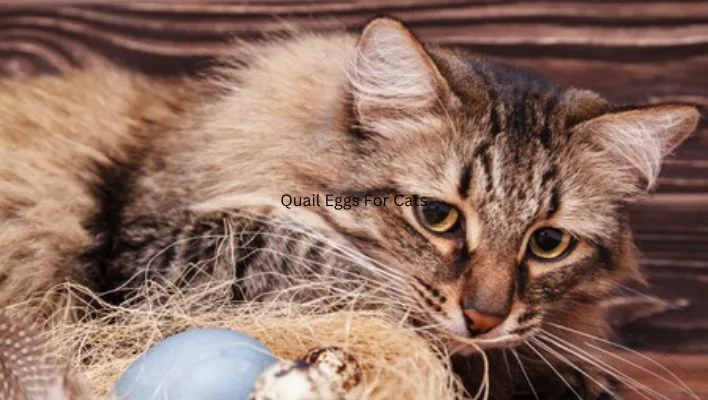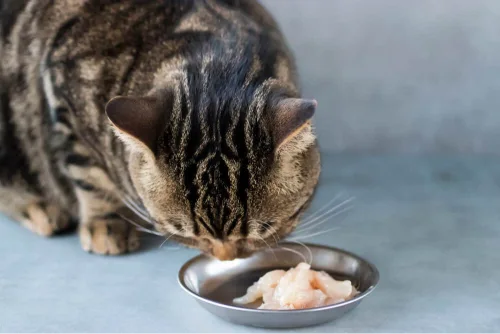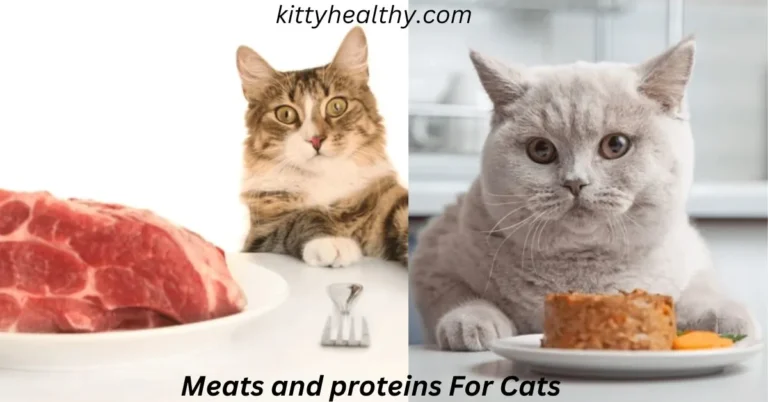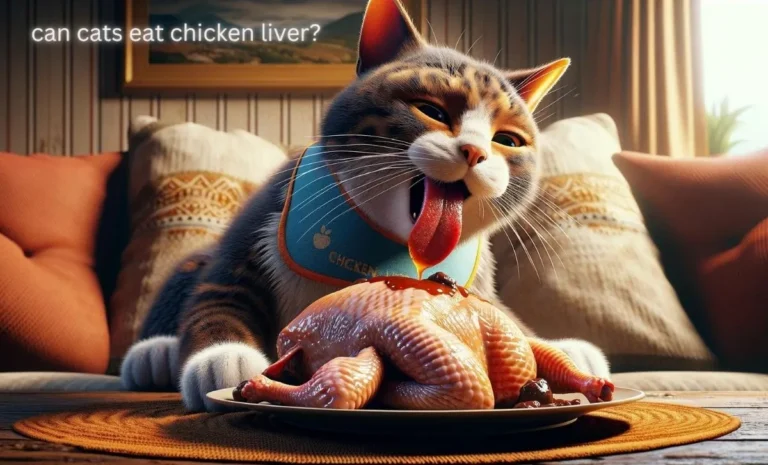Quail Eggs For Cats: Its Benefits and Nutritional Value
Quail eggs are emerging as a nutritious supplement for cats, packed with vital nutrients like vitamin B12 and selenium, which are essential for maintaining optimal health.
A single quail egg contains a remarkable concentration of these elements, making it a compact source of nutrition for your feline friend.
Introducing quail eggs into your cat’s diet can be a game-changer, enhancing their overall well-being with these small yet mighty nutritional gems. Let’s delve more into why incorporating quail eggs into your feline’s diet could be a game-changer.

Nutritional Profile Of Quail Eggs
Quail eggs are more than just a novelty; they’re a dense source of nutrients. Each egg is a rich source of protein, essential amino acids, vitamins B1, B2, B6, B12, A, and D, as well as minerals like phosphorus, potassium, and iron.
Compared to chicken eggs, quail eggs boast a richer concentration of vitamins and minerals, establishing them as a powerful dietary addition. These essential nutrients play a vital role in supporting muscle development, bone integrity, and the general well-being of cats.
The high protein content supports tissue repair and muscle growth, while the vitamins and minerals aid in everything from vision to immune function.
Incorporating quail eggs into your cat’s meals can enhance their diet with a dense supply of essential nutrients, potentially filling the nutritional gaps in their standard feed.
Benefits of Quail Eggs for Cats
Immune System Boost
The high levels of vitamins A and B12 in quail eggs are particularly beneficial for bolstering a cat’s immune system.
Vitamin A plays a critical role in maintaining mucosal surfaces, including the skin, intestines, and respiratory tract, which are the first line of defense against pathogens.
Vitamin B12, on the other hand, is essential for proper immune function and helps in the formation of red blood cells.
Coat and Skin Health
Quail eggs contain a good amount of essential fatty acids and vitamin E, which are pivotal for maintaining healthy skin and a lustrous coat in cats.
These nutrients aid in reducing inflammation and promote repair of skin cells, leading to a shiny, healthy coat and less skin irritation.
Digestive Health
The digestive benefits of quail eggs for cats stem from their high digestibility and the presence of essential nutrients that aid in gastrointestinal health.
The amino acids and phosphorus in quail eggs can enhance enzyme production and bile formation, aiding in the digestion of food and absorption of nutrients.
How to Safely Introduce Quail Eggs to Your Cat’s Diet
Introducing quail eggs to your cat’s diet should be a gradual process. Start with a small portion of a raw or lightly boiled quail egg to gauge their reaction.
While raw eggs can offer maximum nutrients, lightly boiling them can reduce the risk of salmonella.
It’s generally recommended to offer no more than one quail egg per day to avoid overloading your cat with too much of a good thing, considering their small size and the density of nutrients in quail eggs.
Precautions and Potential Risks Of Quail Eggs For Cat
While quail eggs can be a nutritious supplement, they are not without risks. Raw eggs may carry salmonella, posing a risk to both cats and humans.
To mitigate this risk, ensure the eggs are fresh and consider lightly cooking them. Additionally, overconsumption can lead to biotin deficiency due to an enzyme in raw eggs that binds to biotin, making it unavailable to the cat.
Keep an eye out for digestive upset or allergic reactions in your cat. These signs may suggest that quail eggs are not a good fit for their diet.
Conclusion
Quail eggs can be a beneficial addition to your cat’s diet, offering a wide range of nutrients that support immune function, coat and skin health, and digestive wellness.
However, it’s important to introduce them cautiously, mindful of the potential risks. It’s important to seek advice from your vet prior to introducing major dietary adjustments to your cat’s feeding regimen.
With the right approach, quail eggs can contribute to your feline friend’s health and vitality.
Related Posts:
FAQs
Quail eggs and chicken eggs both offer unique health benefits. Quail eggs are smaller yet pack a denser nutrient profile, including higher levels of vitamins and minerals per gram. However, chicken eggs are more accessible and provide a larger quantity of protein. The choice depends on specific dietary needs and preferences.
Quail eggs, when stored properly in the refrigerator, can last up to 3 to 4 weeks. Ensuring they are kept at a consistent, cool temperature extends their freshness. It’s advisable to check for any signs of spoilage before use, such as an unusual odor or appearance.
For cats, moderation is key with boiled eggs. Offer them as a treat, not a meal replacement. A small portion, such as a teaspoon of chopped boiled egg, is sufficient for most cats. Always introduce new foods gradually and observe your cat for any adverse reactions.
Cats can eat raw egg yolk, but it’s not without risks. Raw yolks may contain pathogens like salmonella. Cats’ digestive systems are generally more robust than humans’ at handling bacteria. However, to prevent health risks, it’s best to limit raw egg products in their diet.
Typically, it takes about three to four quail eggs to match the volume and weight of one chicken egg. This can vary slightly depending on the size of the eggs. Quail eggs are smaller and more nutrient-dense, making them a concentrated source of vitamins and minerals.






